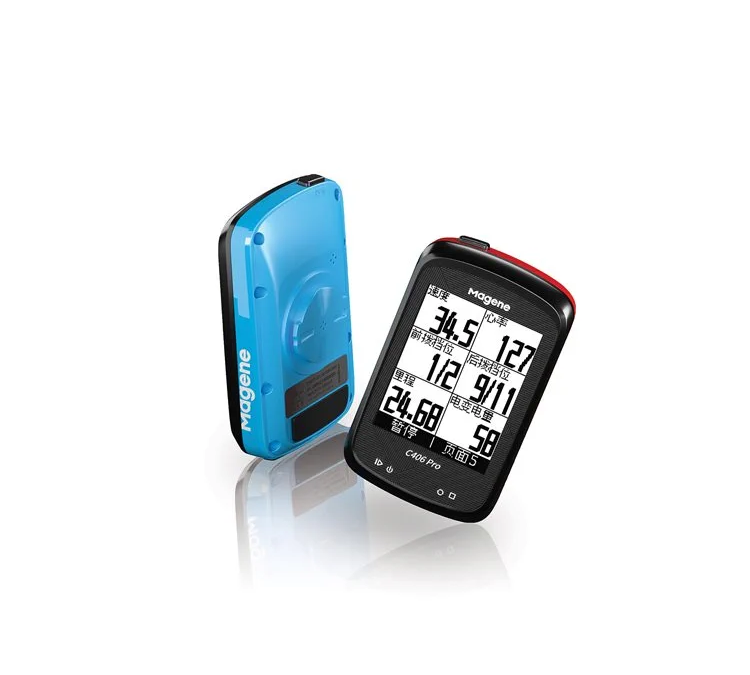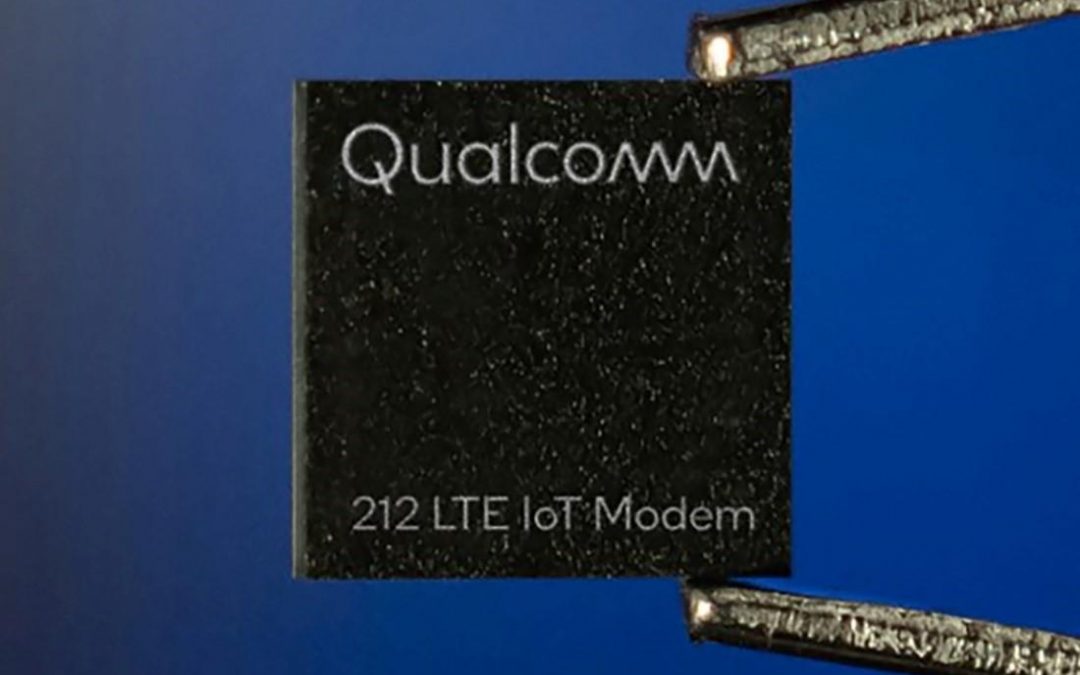Says ultra-efficient chipset offers significant performance improvements for low-power long-life IoT applications
According to data from the GSMA, the world will see 3.2 billion cellular IoT connections in 2024. Qualcomm Technologies has announced what the chip company describes as a breakthrough new product to drive the growth of cellular IoT: the Qualcomm 212 LTE IoT Modem, which is claims is the world’s most power-efficient single-mode NB2 (NB-IoT) chipset.
Power efficiency is a top concern for IoT devices that have to last for years in the field. Requiring less than one micro-amp (1uA) of sleep current, the Qualcomm 212 LTE IoT Modem’s chipset architecture allows for extremely low average power consumption. To support a wide range of batteries and longer life span of the device in the field, the modem couples ultra-low system-level cut-off voltage with provisions for adapting power usage according to varying source power levels – allowing end devices with power supply levels as low as 2.2 volts.
“The Qualcomm 212 LTE IoT Modem will help usher in a new era for a range of IoT applications around the globe, especially those requiring connectivity deep within buildings combined with low power use, like battery-powered IoT devices that need to operate for 15 years or longer in the field,” Vieri Vanghi, vice president, product management, QUALCOMM Europe told Incisor. “Its ultra-low power consumption, compact form factor, and low cost will greatly benefit OEMs creating the next generation of low-power IoT devices.”
The 212 LTE IoT Modem supports single-mode 3GPP Release 14 Cat. NB2 IoT connectivity, anticipated to enable extended coverage for delay tolerant applications on RF frequency bands spanning from 700MHz to 2.1GHz for Global roaming. Housed in a single-chip solution including modem baseband, application processor, memory, RF transceiver with fully integrated RF front end, and power management units, the modem enables LTE modules below 100 square millimeters in size. Qualcomm suggests that its high level of integration with few external components not only results in a low-cost Bill of Materials, but also facilitates quicker module design enabling faster commercialization time for OEMs. Thanks to its integrated ARM Cortex M3 application processor, and the native set of IoT data networking protocols, the Qualcomm 212 LTE IoT Modem can enable embedded IoT applications. Qualcomm Technologies is also launching an SDK for use with the Qualcomm 212 LTE IoT Modem, which is designed to support developers in running custom software on the integrated applications processor, with an expectation to offer pre-integrated support for cloud platforms such as the Microsoft Azure IoT SDK.
The Qualcomm 212 LTE IoT Modem is expected to be commercially available in the second half of 2020.
Related Articles

The installed base of connected tanks to reach 23 million in 2026
There are more than 100 Remote Tank Management solution vendors active on the market worldwide The global installed base of active remote tank monitoring (RTM) solutions reached 6.2 million units at the end of 2021, according to a new research report from the IoT...

Bike computer provides smartphone-free navigation functionality
The Nordic nRF52840 SoC provides multiprotocol Bluetooth LE and ANT+ connectivity to the C406 Pro to obtain and send riding data from peripheral devices Intelligent technology company, Magene, has launched a multifunctional GPS bike computer that can record over 100...

Smart spaces for less energy consumption, cost savings, and healthcare
By Armin Anders, Vice President Business Development, EnOcean First COVID-19, then the energy crisis caused by the war in Ukraine – in both cases, buildings play a central role and pose unexpected challenges to facility managers, HR managers, and even private property...
Stay Up to Date With The Latest News & Updates
Our Sponsors
Incisor.TV partners with leading organisations in the technology sector.
Follow Us
And stay up to date with our news! We are active across the key social media platforms – please do follow us!





0 Comments